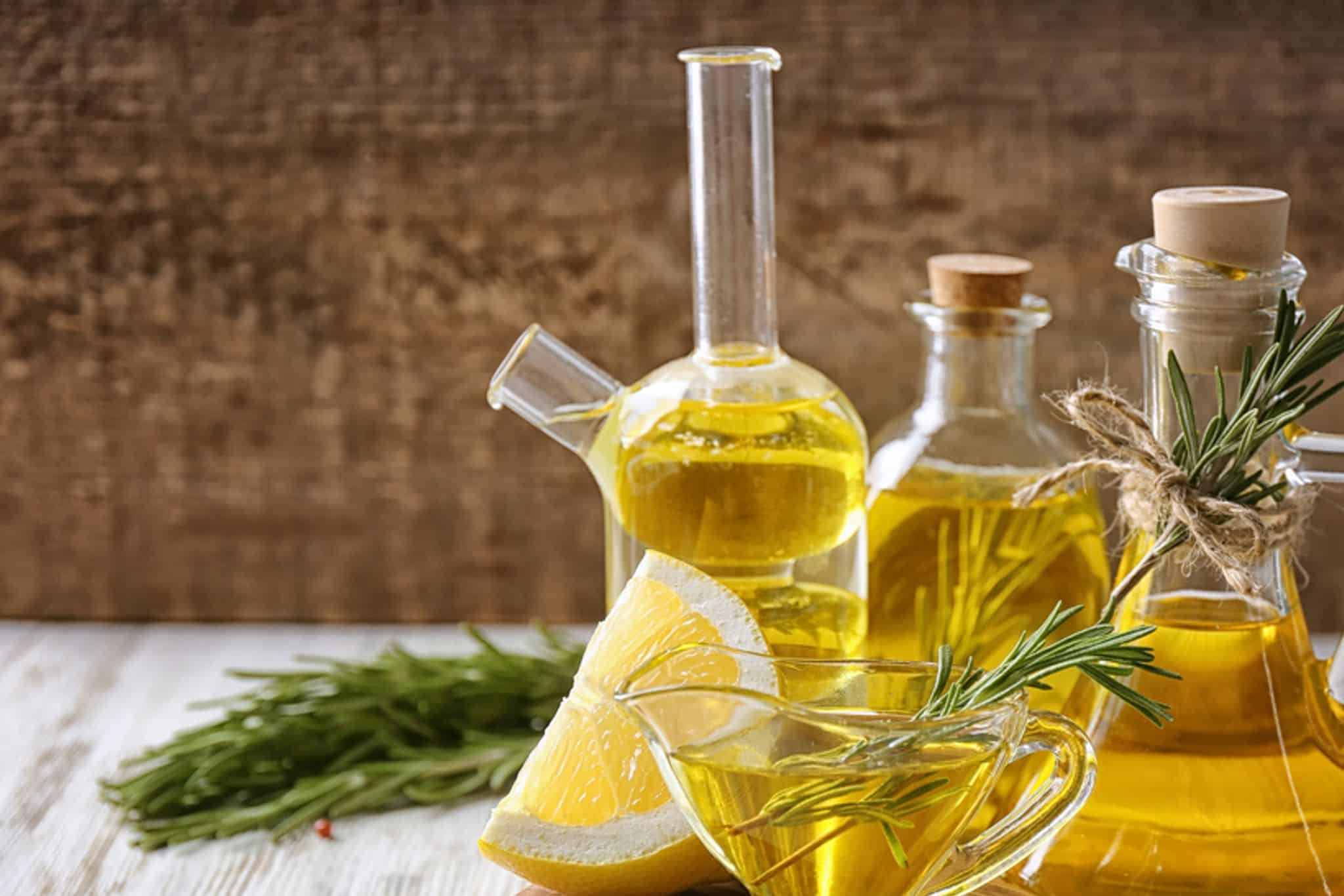Blog
What is the best way to preserve rosemary oil?

1. Use of Dark, Airtight Containers:
- Storing rosemary oil in dark, airtight containers is paramount. Exposure to light, especially sunlight, can degrade the oil’s quality. Dark-colored glass bottles, like amber or cobalt blue, are ideal as they filter out harmful UV rays while preventing oxidation, a process that can deteriorate the oil’s potency.
2. Optimal Storage Conditions:
- Temperature and environment play a significant role in preserving rosemary oil. It should be stored in a cool, dark place away from direct sunlight and heat sources. Excessive heat can alter the oil’s chemical composition, diminishing its aroma and therapeutic properties. A cupboard in a cool room or a storage area with stable, low temperatures is recommended.
3. Minimizing Air Exposure:
- Limiting the exposure of rosemary oil to air is essential to maintain its freshness. Oxygen can lead to oxidation, which not only affects the aroma but also the effectiveness of the oil. It’s advisable to keep the bottle tightly sealed and only open it when necessary. Using smaller bottles can also be beneficial, as there will be less air space in the container as the oil is used.
4. Proper Labeling and Tracking:
- Labeling the bottle with the date of extraction or purchase can help in tracking the shelf life of the oil. Typically, rosemary oil can last up to two years if stored properly, but its quality may start to decline after a year. Regularly checking the oil for changes in aroma, color, and consistency can help in determining its usability.
5. Refrigeration – A Controversial Method:
- Some experts suggest refrigeration as a method to prolong the life of rosemary oil, especially in warmer climates. However, this approach is subject to debate. While refrigeration can slow down the degradation process, it can also lead to condensation inside the bottle, which may introduce moisture and potentially harm the oil. If refrigeration is chosen, ensuring that the bottle is completely airtight and allowing the oil to reach room temperature before use is crucial.
6. Avoiding Contamination:
- It’s important to avoid contaminating the oil when in use. Using clean utensils or droppers when handling the oil can prevent the introduction of contaminants that can accelerate degradation. Direct contact with fingers or unclean objects should be avoided.
7. Considering the Use of Antioxidants:
- In some cases, adding natural antioxidants like vitamin E can extend the shelf life of rosemary oil. Vitamin E can help protect the oil from oxidation, though it’s important to research and use the correct type and amount.
8. Observing for Signs of Degradation:
- Being vigilant about the signs of spoilage is important. Changes in the smell, color, or consistency of the oil can indicate that it has gone bad. If the oil develops a rancid or off smell, it should no longer be used.
9. Using the Oil Regularly:
- Regular use of rosemary oil can also be a form of preservation. By using the oil, you are continually rotating your stock, ensuring that it doesn’t sit unused for long periods.
In conclusion, preserving rosemary oil involves a combination of proper storage, careful handling, and regular monitoring. By following these best practices, the aromatic and therapeutic qualities of rosemary oil can be maintained, ensuring its efficacy and longevity. Each of these steps plays a crucial role in safeguarding the integrity of the oil, making it available for its various uses, ranging from aromatherapy and skincare to medicinal and culinary applications. For an in-depth understanding, exploring detailed studies on essential oil preservation and consulting with aromatherapy experts can provide a more comprehensive guide on how to best preserve rosemary oil.
FAQ:



